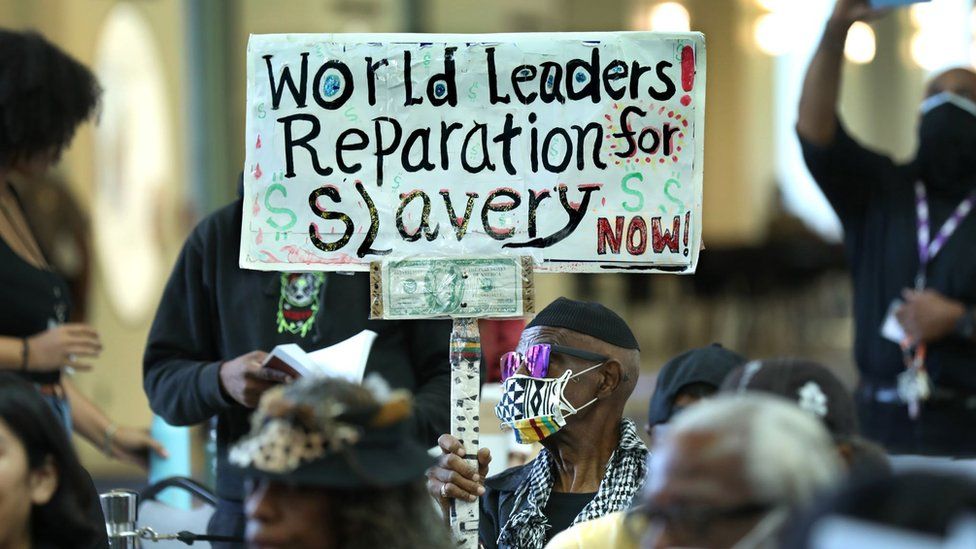
As restitution for the brutal legacy of slavery and racism, the US city of San Francisco plans to provide $5 million to each qualifying Black resident. The request was made earlier this week by a city-appointed reparations committee, which also asked for the eradication of personal debt, tax burdens, and yearly earnings of at least $97,000 over the next 250 years.
After hearing the recommendations, the San Francisco Board of Supervisors expressed their approval. According to reports, the board has begun seriously reviewing the plan, despite opponents’ claims that the cost is prohibitively expensive.
The draft of the proposal was first presented in December of last year
“When you consider all of the ways in which the systems and practices have been managed to exclude and steal if you will, the opportunities for financial mobility – families are hurting and have been for decades, if not longer,” Eric McDonnell, the reparations committee chairman, told the San Francisco Chronicle.
When pressed about how the committee arrived at the compensation sum, McDonnell replied ‘there wasn’t a math method’.
“There wasn’t a math formula. It was a journey for the committee towards what could represent a significant enough investment in families to put them on this path to economic well-being, growth, and vitality that chattel slavery and all the policies that flowed from it destroyed.”
The draft idea was first presented in December of last year, and more than 100 suggestions have been added to it since then. The panel’s final report is anticipated to be released in June.
In the United States, the reparations controversy has raged for a long time. The Black Lives Matter movement worked as a catalyst, with many people asking that Black people be treated fairly. Last year, Boston City Council followed San Francisco’s lead and established a reparations task committee.
Experts say the committee has yet to establish who will be eligible for compensation
Despite the notion looks to be a good one on paper, experts say the committee has yet to establish who will be eligible for compensation. In the public records, the current qualifying conditions indicate that a person must be at least 18 years old and have identified as Black or African American for at least a decade. It adds that the person should have resided in the city during a specified time and should be descending from someone “incarcerated for the failed War on Drugs”.
The city is home to an estimated 50,000 Black people, and opponents believe that giving reparations to even a small group would put a significant strain on the city’s budget. According to sources, the city is already facing a $728 million shortfall.






